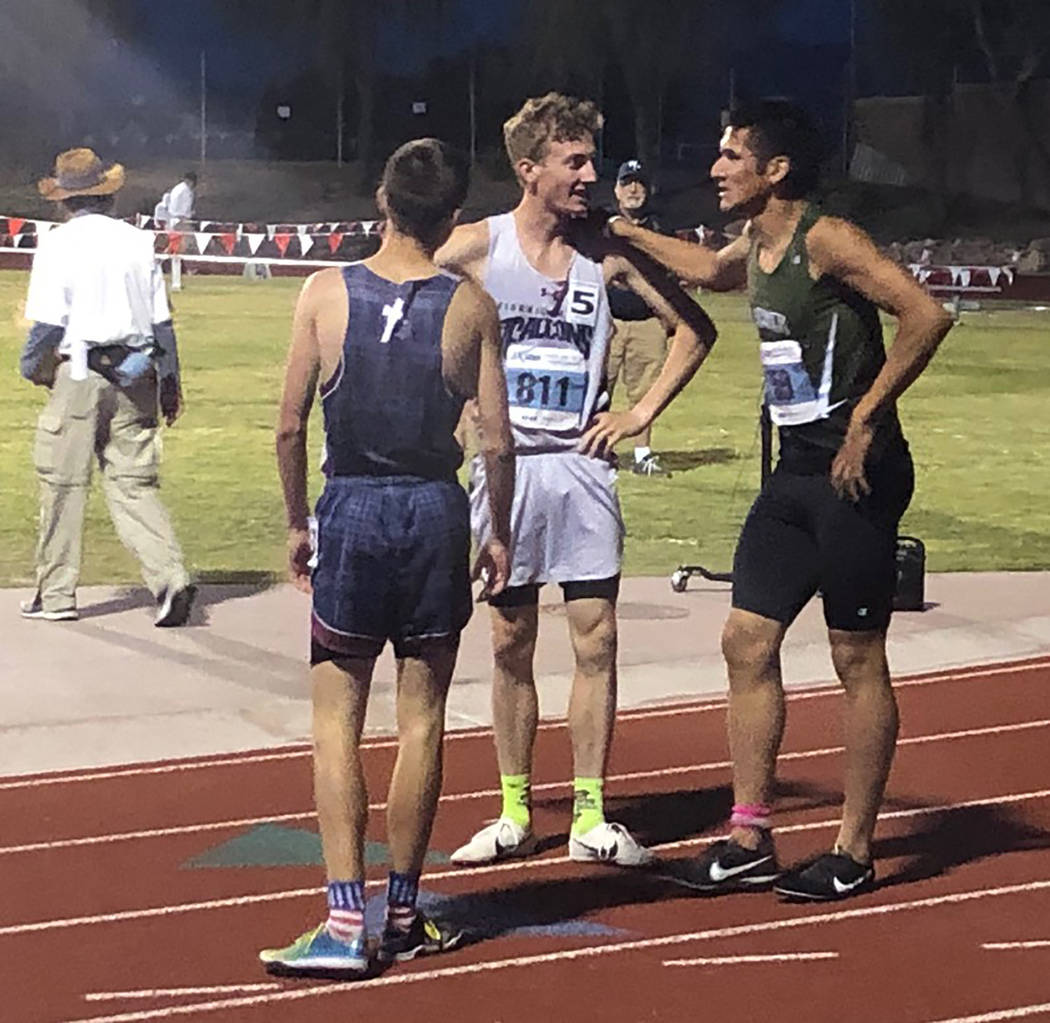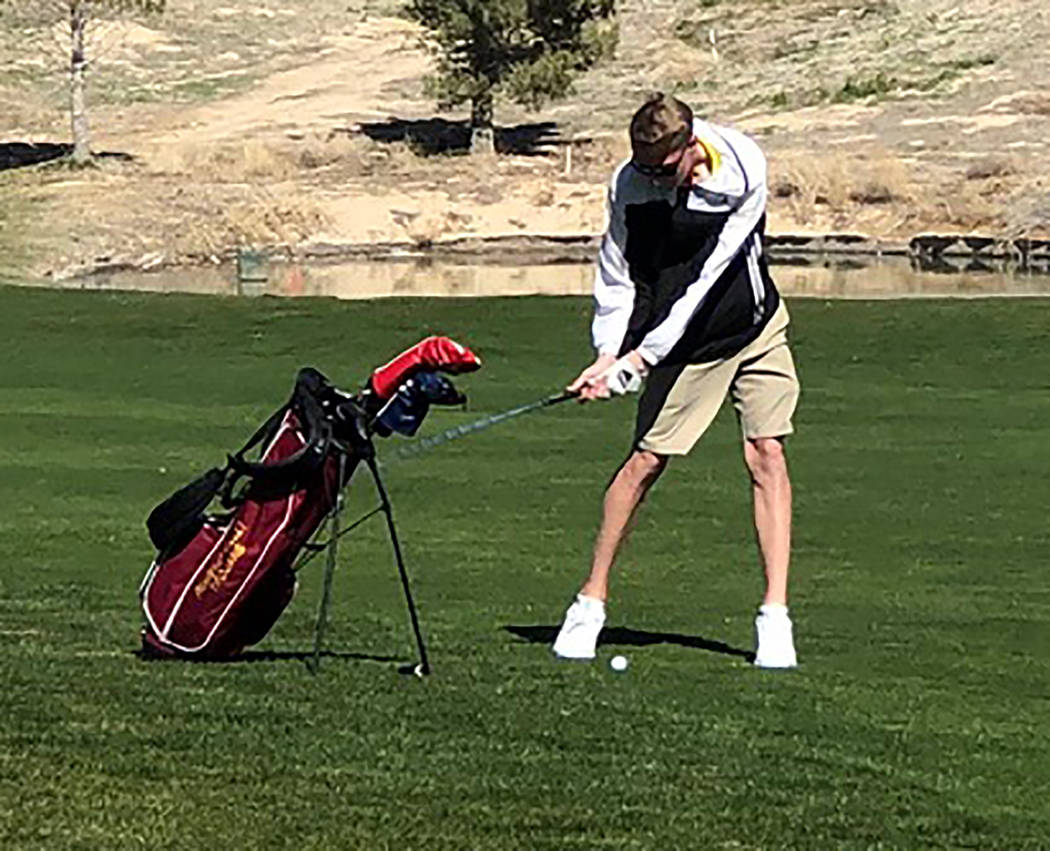In sports specialization, timing is everything — or is it?
This is the fifth part of a series taking a look at the impact of club sports on high school athletics.
Everybody agrees that playing multiple sports is good for kids. They develop different muscle groups, learn different skills, associate with different people (sometimes) and learn from different coaches.
Club teams offer something different, the chance to hone skills in a specific sport and play against stronger competition. For many, they also offer a chance to be seen by college coaches, because for many coaches in some sports the club circuit represents most of their recruiting.
Whether it’s for love of one sport or to boost the chances of a scholarship, specializing in one sport has long been an issue. Experts worry about repetitive motion issues with young pitchers in baseball. High school coaches worry about their roster size shrinking as players opt out of one sport to focus on another.
So when is specialization too early?
“My opinion is that when an athlete decides they love the sport, specialization is OK,” Pahrump Valley baseball coach Brian Hayes said. “I think kids are old enough to make this decision at around the middle school ages. I think the biggest problem with sport specialization is parents pressing the issue. When parents are pushing the kids and not the other way around, it becomes an issue.”
“Specializing too early may not be a terrible thing, if it’s what the athlete wants,” Trojans softball coach Cassondra Lauver said. “But I also believe that kids should be encouraged to participate in a variety of different sports and activities. At a young age, sports should be more about fundamental development, discovering likes and dislikes, learning to be part of a team, learning to be a leader, discovering what you may excel at and just having fun.”
Lauver said that as a child gets older, it shouldn’t surprise anyone that he or she gravitates toward one sport any more than it shouldn’t surprise anyone that he or she does not.
“At some point, we all have to decide on a path to take in our lives,” she said. “Once we determine we have a passion for something, I believe there becomes a natural desire to become elite at that something.”
For Pahrump Valley student-athletes, that “some point” can be any time. Chase McDaniel, who will be playing baseball at the NCAA Division II level next year, has specialized in baseball since he was 10 years old. Kaitlyn Carrington, who had offers to play college soccer but chose to focus on school, gave up other sports at about the same age.
On the other hand, Terrena Martin was running cross country for the Trojans until her senior year, Skyler Lauver gave up volleyball after middle school and basketball after her sophomore year, and McKayla Bartley played a year of high school golf before focusing on softball.
Each of those seniors will be playing softball in college, Martin at Williston State in North Dakota, Bartley at Bryant &Stratton in Virginia, and Lauver at the College of Southern Nevada. So clearly there is no hard-and-fast rule about if and when to specialize if your aim is a college scholarship. But Rich Lauver, who, along with Cassondra, has coached each of those players both with the Pretty Vicious travel softball team and at Pahrump Valley High School, believes junior year is the right time.
“Specializing too early can be awful, but specializing too late is sacrificing opportunity,” he said after that Pretty Vicious team disbanded.
For him, junior year of high school is the right time to play at the club level, regardless of whether or not an athlete gives up other sports. That’s because playing for a club team will give players the chance to show off their skills in front of college coaches in what are called showcase events, tournaments involving many club teams to which college coaches are invited.
“At showcases, there are dozens of coaches, and information on every player is readily available to them,” he said. “Every kid is seen by at least 40 coaches. There was a showcase in Las Vegas … with 72 college coaches there.”
When Pretty Vicious was playing, athletes could get that chance without commuting to play for a team in Las Vegas.
“The only (Pahrump) kids I know of who have ever experienced that setting are our kids,” he said, referring to Pretty Vicious players. “You’re not going to play at a high level unless you’re playing travel ball and you’re playing showcase tournaments by your junior and senior year.”
Pahrump Valley girls soccer coach Julie Carrington, herself a firm believer in playing multiple sports at the high school level, sees that in her sport as well.
“There are coaches who will say, ‘Which club did you play for?’ — they won’t even ask about high school — it’s ‘Which club did you play for, and how many goals did you score?’ And that’s it.”
But Carrington also notes that if you want to play in college, there are a lot of them out there, and while some of the big-time schools might recruit the club circuit, there are other opportunities to be found. Recruiting websites and apps, such as Next College Student-Athlete, BeRecruited and RecruitChute, allow young players basically to sell themselves, and with a little bit of effort they can make the right connection.
Then again, showcase events are better vehicles for players who might not be able to show off in a 30-second video on a recruiting website. Rich Lauver pointed to Skyler.
“For kids like my daughter, who are not exceptional speed-wise, not exceptional size-wise, they can only become exceptional by knowledge of the game, by outplaying people in the game,” he said. “She wouldn’t make that decision until … her junior year. I don’t think you have to do that early.”
Evidence that you don’t have to pick one sport too early was provided by Lauver himself. When Pretty Vicious disbanded, he took great satisfaction in noting that 11 of 12 athletes played multiple sports as high school freshmen, and “by the end of their sophomore year, those 12 girls had 34 varsity letters.”
Jose Granados and Kasey Dilger each have aspirations of competing in college, and each gave up a second sport as a junior. Both Granados, a nine-time region champion and four-time Class 1A state champion distance runner, and Dilger, who finished in the top 10 at last year’s regional golf tournament, also played basketball.
“I just needed a break,” Granados said.
Of course, a break does not mean he didn’t train during what used to be basketball season for him. Aside from training on his own, Granados, a two-time All-American at the USA Track &Field National Junior Olympics, has run with the Vegas Valley Track Club and the Nevada Track Club, both based in Las Vegas.
Dilger gave up basketball during his junior year to focus on golf. “I’ve had a few offers,” he said of playing golf in college.
College track and golf coaches have a distinct advantage in the recruiting process: concrete scores and times. They easily can weed out athletes that don’t meet their standards before ever meeting them in person. They can see who has improved over time and who has stagnated since sophomore year before they even talk to a high school coach.
And while both Granados and Dilger hope to play at the next level, Dilger went back to play basketball again as a senior, while Granados did not, instead cheering on his younger brother, Francisco, on the Hornets basketball team.
Same goal, different paths. Again.


















